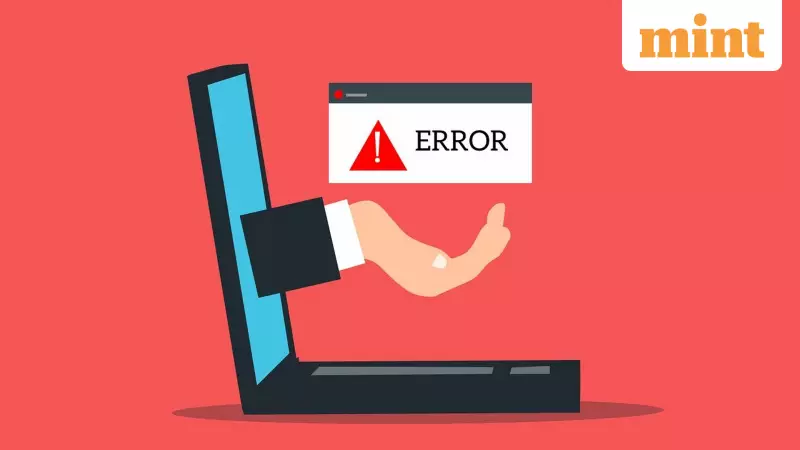
In a stark warning that resonates across India's booming tech landscape, industry pioneers are raising red flags about the nation's dangerous over-reliance on foreign technology. The conversation has gained urgent momentum as the possibility of Donald Trump's return to the White House introduces new uncertainties for global tech dependencies.
The Trump Factor: Why Timing Matters Now
Industry leader Harsh Goenka recently spotlighted this critical issue, emphasizing how political shifts abroad could directly impact India's digital infrastructure. With Trump's America First policies potentially reshaping global tech alliances, Indian businesses and government systems built on foreign platforms face unprecedented vulnerability.
Zoho's Vembu Sounds the Alarm
Sridhar Vembu, CEO of homegrown success story Zoho Corporation, delivers perhaps the most compelling case for change. "This isn't just about business competition—it's about national security," Vembu argues. His perspective carries weight, having built Zoho into a global powerhouse while maintaining its Indian roots and development focus.
Beyond ChatGPT: The Deeper Dependency Crisis
While AI tools like ChatGPT capture headlines, the dependency runs much deeper:
- Cloud infrastructure dominated by foreign providers
- Critical business software from international vendors
- Mobile operating systems controlled by overseas companies
- Payment systems reliant on global networks
India's 'Plan B': Building Digital Self-Reliance
The solution, according to tech visionaries, lies in aggressive investment in homegrown alternatives. Vembu's Zoho stands as living proof that Indian companies can not only compete but excel globally while maintaining technological independence.
"We need to treat this with the same urgency as military preparedness," Vembu emphasizes, drawing parallels between digital infrastructure and national defense.
The Path Forward: Opportunities in Crisis
This wake-up call presents massive opportunities for Indian startups and established tech firms alike. The push for digital sovereignty could:
- Accelerate innovation in Indian AI and software development
- Create new markets for locally-built enterprise solutions
- Generate high-value tech jobs across the country
- Position India as a global technology leader rather than follower
As geopolitical tensions reshape the tech world, India's ability to control its digital destiny may determine its position in the coming decade. The message from industry leaders is clear: the time to build India's technological independence is now, before external forces make the decision for us.






